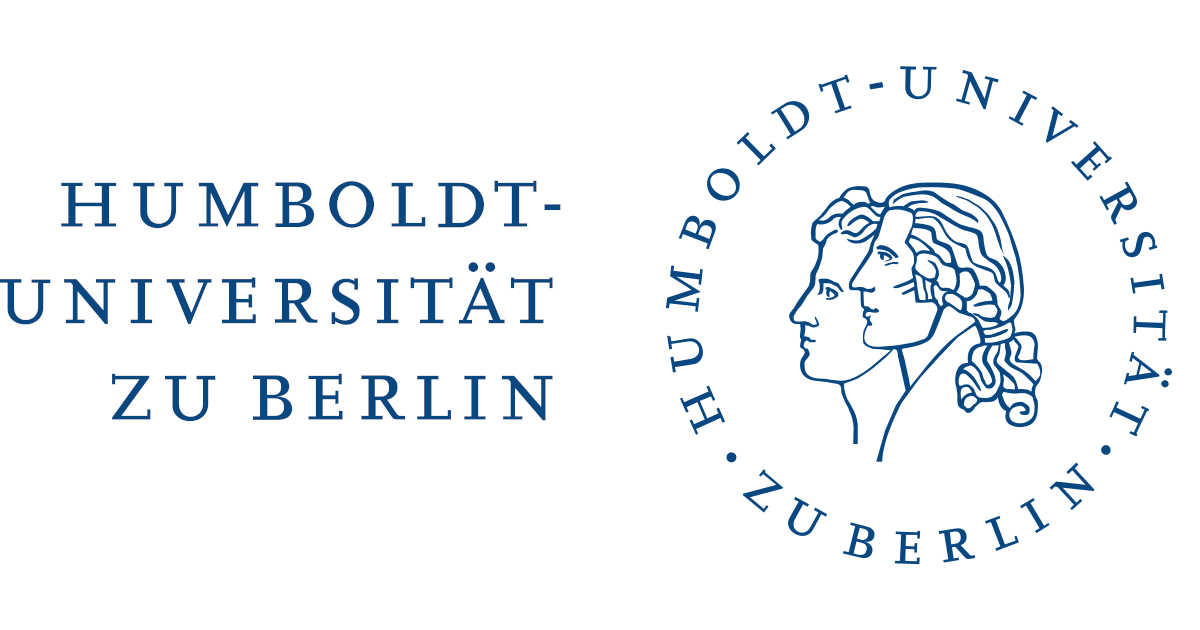Transitional Justice in Myanmar
Overview
The course, that we organize with the New University in Exile Consortium, is distinct in its singular focus on the enduring conflict in Myanmar and the challenges and endeavors to secure justice for the victims from the transitional period (i.e., the partial civilian government during 2011-2021) to post-coup Myanmar (Feb 2021- present). It provides a comprehensive grasp of transitional justice and its implementation, with a specific spotlight on the prosecution process and a case study of Myanmar. This course is crafted to give participants the knowledge and skills to navigate the intricate terrain of transitional justice in Myanmar despite the legal and political hurdles.
The course is structured to inspire hope as it delves into the nature and causes of conflict in Myanmar and its local and global impacts. It offers a practical approach to understanding the concept of TJ and how it can potentially resolve the deep-rooted issues in Myanmar. By drawing lessons from the successes and failures of TJ implementation in various countries, we aim to provide you with the tools to explore practical solutions for a more promising future for post-conflict Myanmar.
The course is designed to be highly interactive, with sessions led by both instructors in a virtual classroom environment. Participants are strongly encouraged to come prepared by studying the assigned materials before each seminar. Active participation in the exercises during the session is not just expected but also a vital part of the learning process.
Course Outline
You can see and download the course syllabus below.
Course Details
Duration
17.10.2024 – 15.02.2024
Credits
3
Language
English
Supported by:



